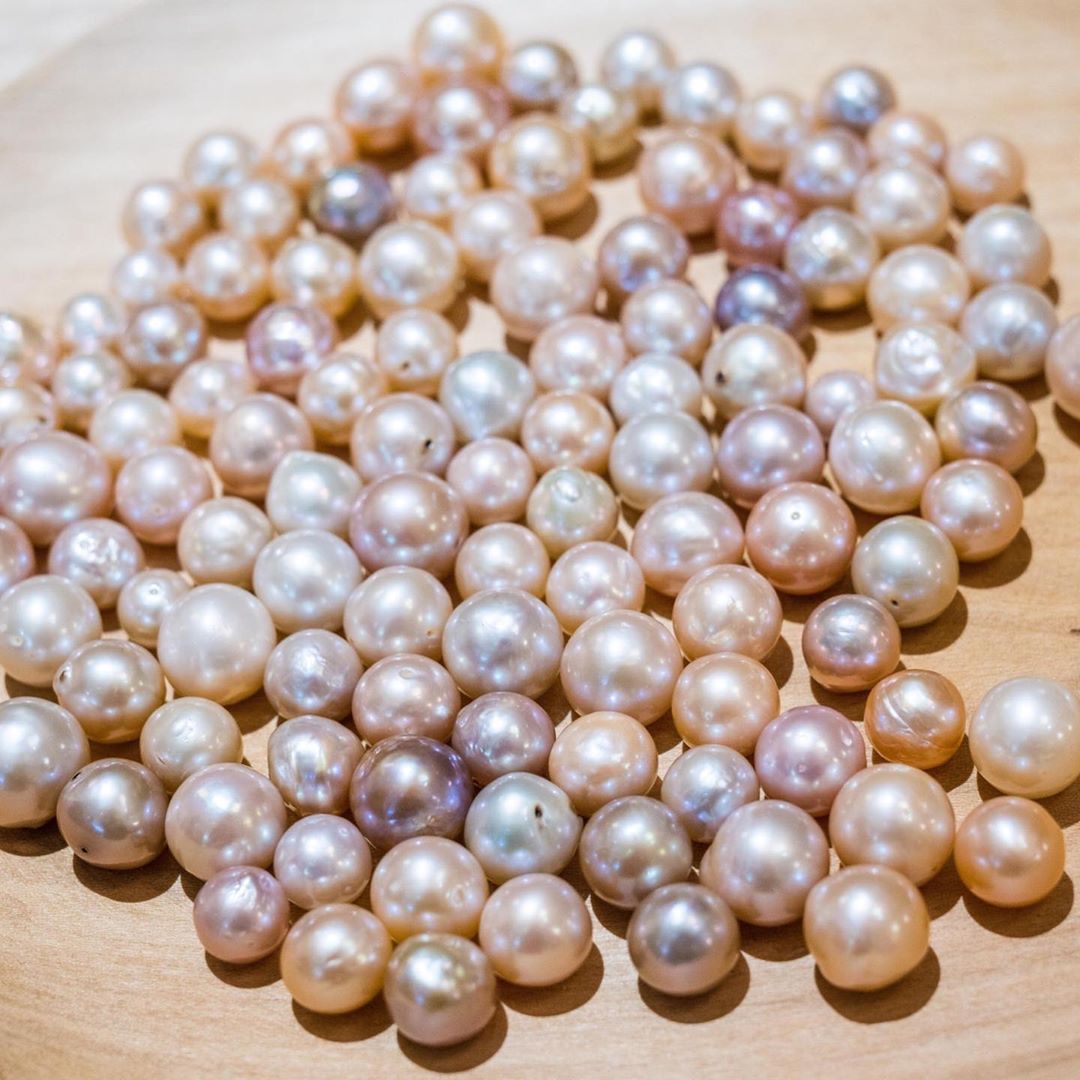
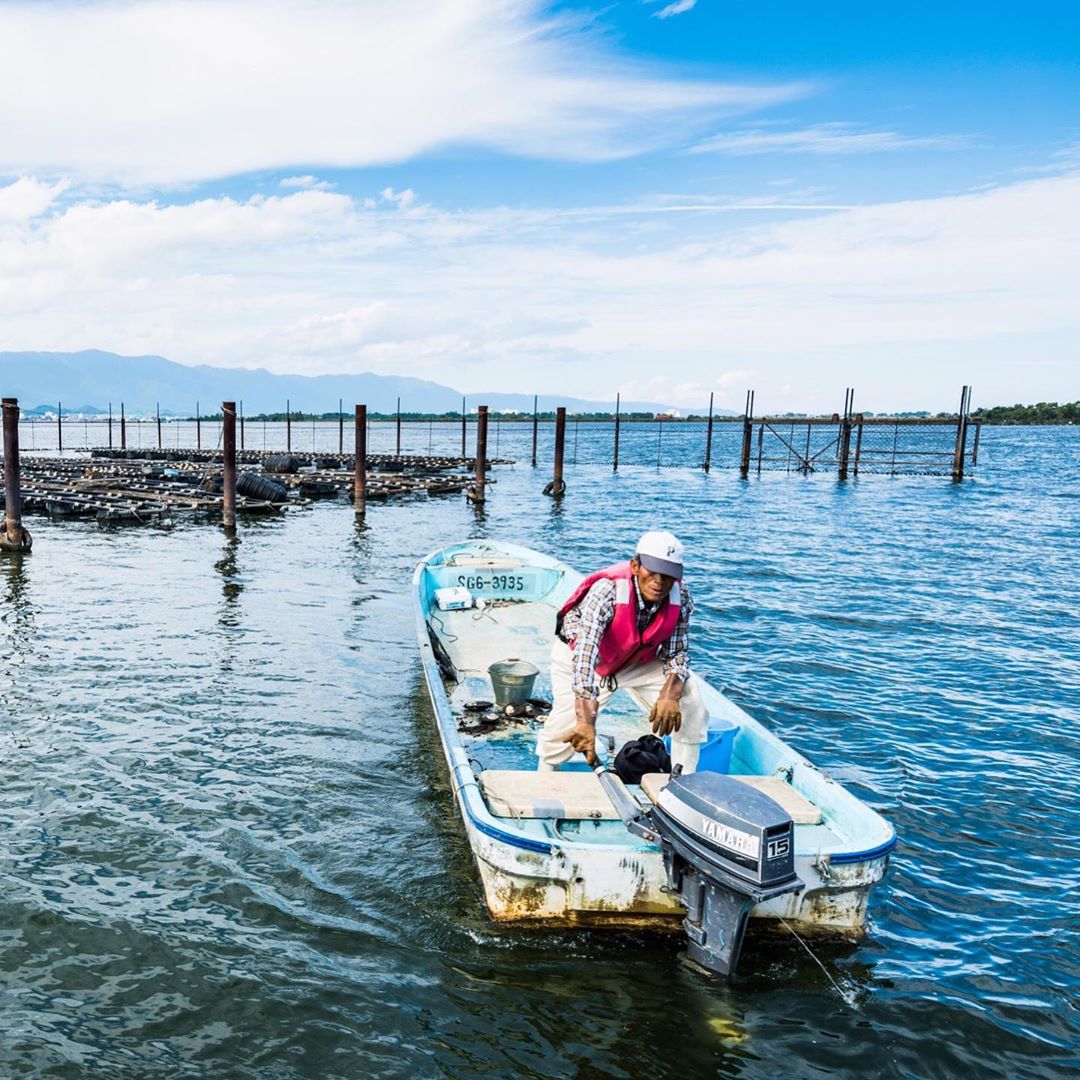
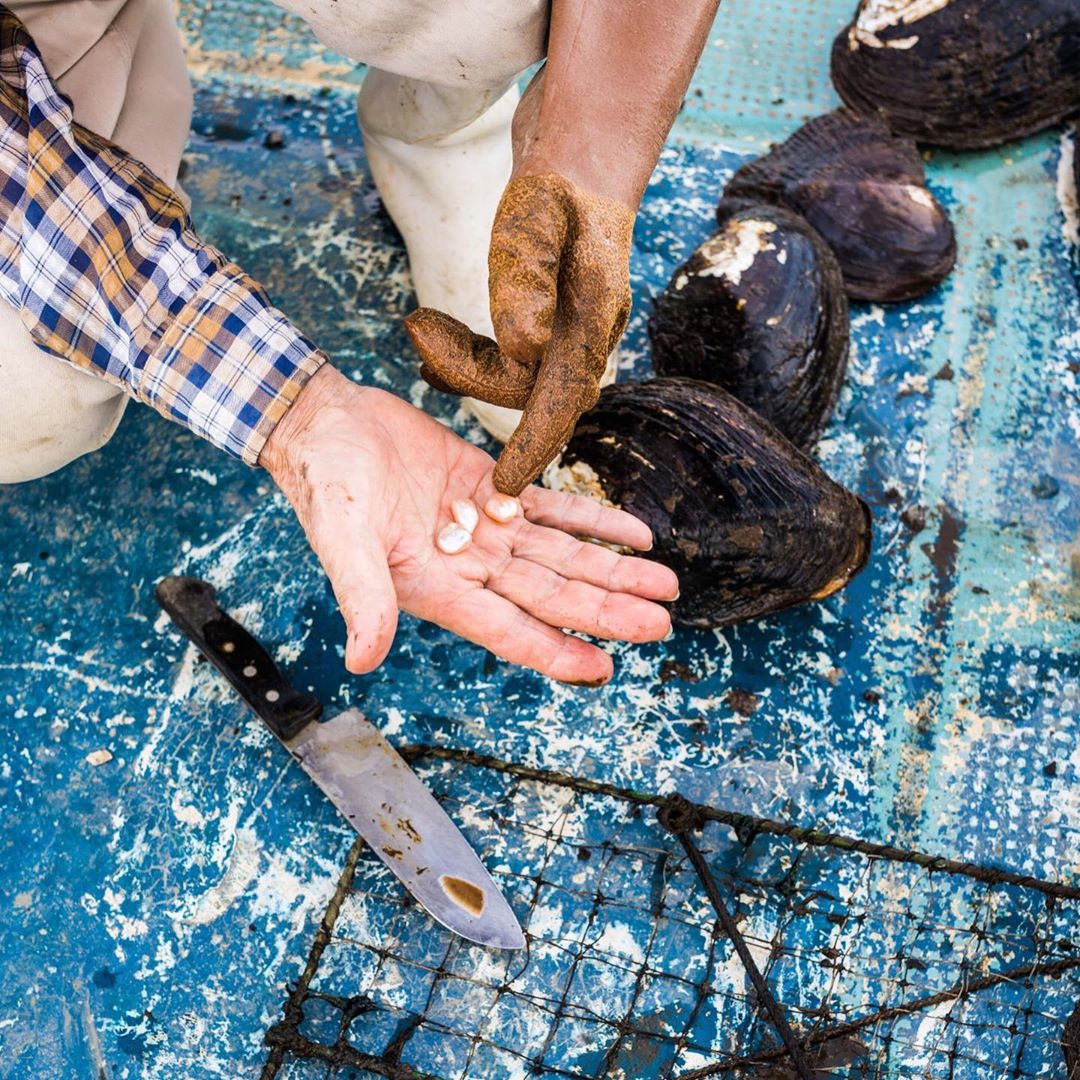
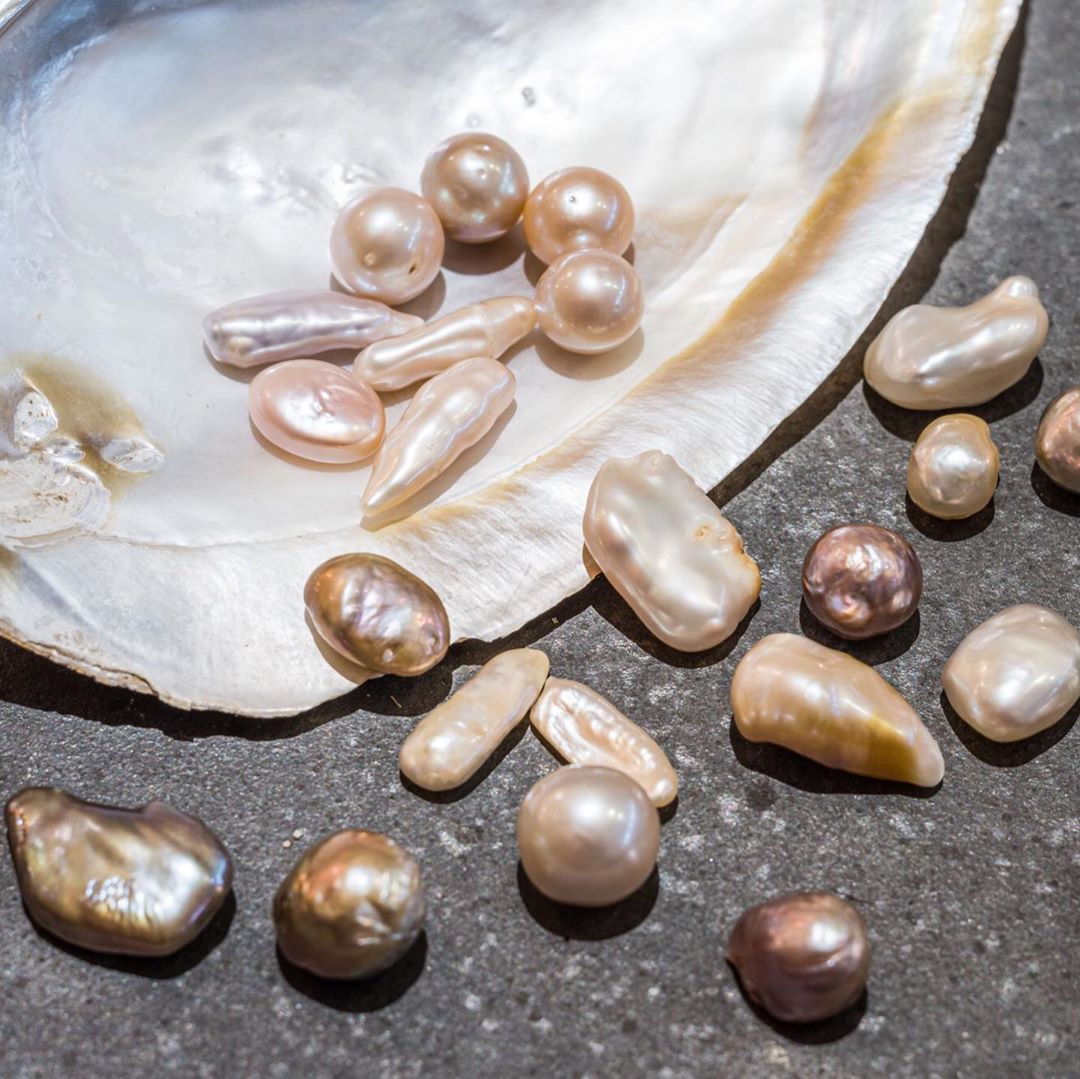
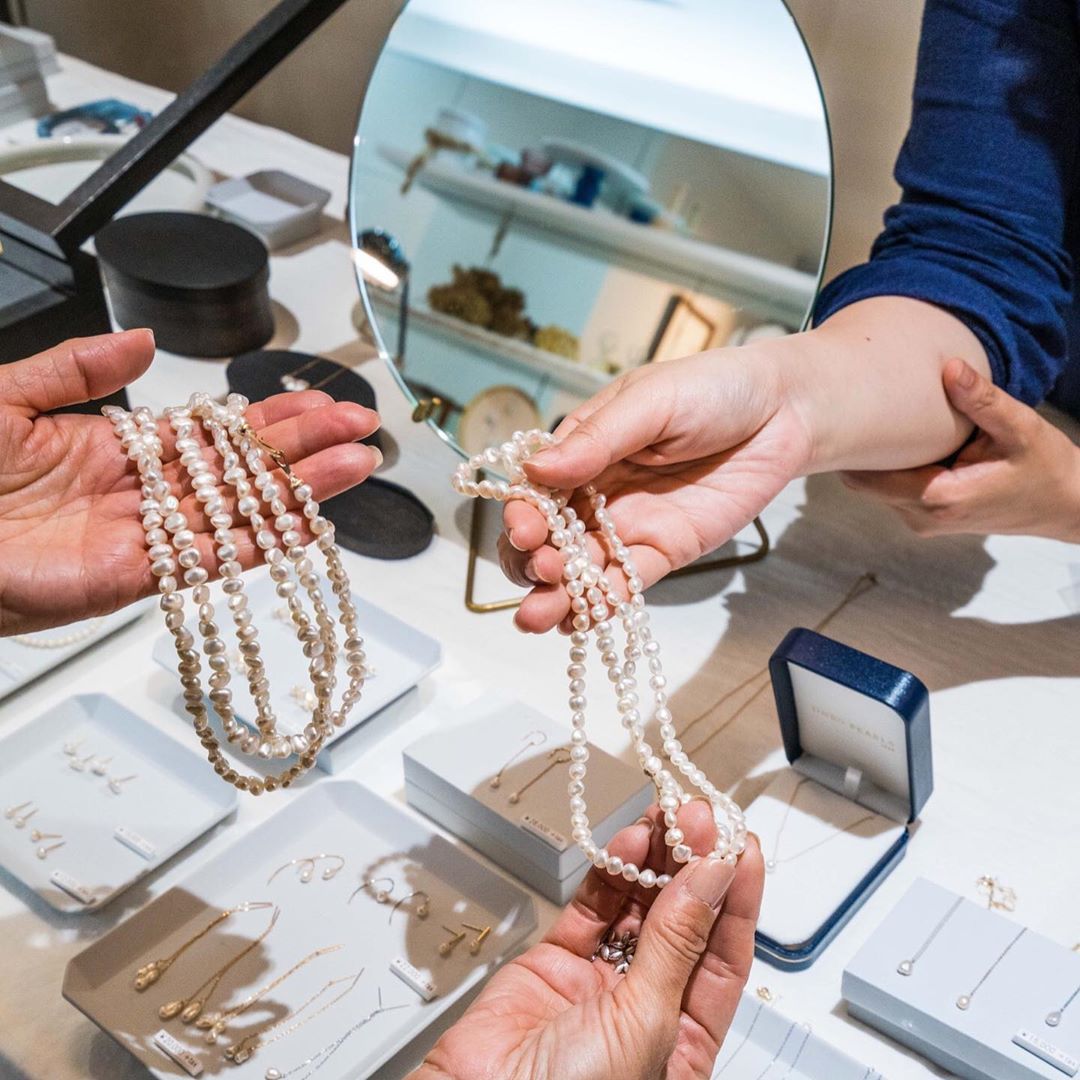
Japan’s Lake Biwa is home to the pearly mussel (Hyriopsis schlegeli), a native mollusk that has played a major role in the establishment of a domestic freshwater pearl industry. The Biwa pearls are not always round like their saltwater counterparts, they come in a variety of colors and shapes, and they were considered valuable enough in the late 1930s to launch a successful pearl industry along the lake’s southern shores. By the end of the 1980s, however, the Biwa pearl industry had collapsed. Those close to the sector typically cite two main factors: strong competition with China’s flourishing freshwater pearl industry and a number of environmental issues. While researchers and farmers are fighting to save the pearl industry, activists like Jason Baker, the senior vice president of international campaigns for People for the Ethical Treatment of Animals, hopes to bring an end to what he believes to be an unethical and exploitative practice. He says there’s “an endless selection of jewelry that doesn’t harm animals or the planet.” Read the full story with the link in our bio. 📸 Philippe Voisin
#Japan #Tokyo #Shiga #Moriyama #LakeBiwa #oysters #marinelife #pearls #jewelry #climatechange #nature #travel #travelblog #日本 #東京 #滋賀 #森山 #琵琶湖 #自然 #旅行 #パール #ジュエリー #牡蠣

AloJapan.com